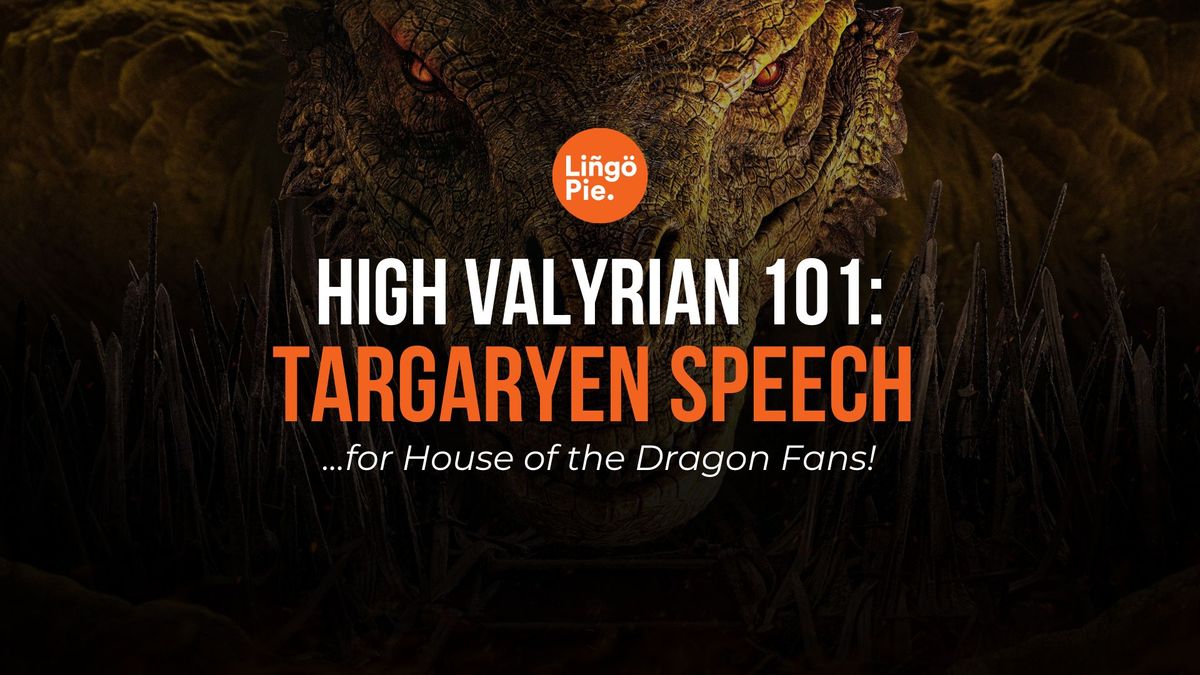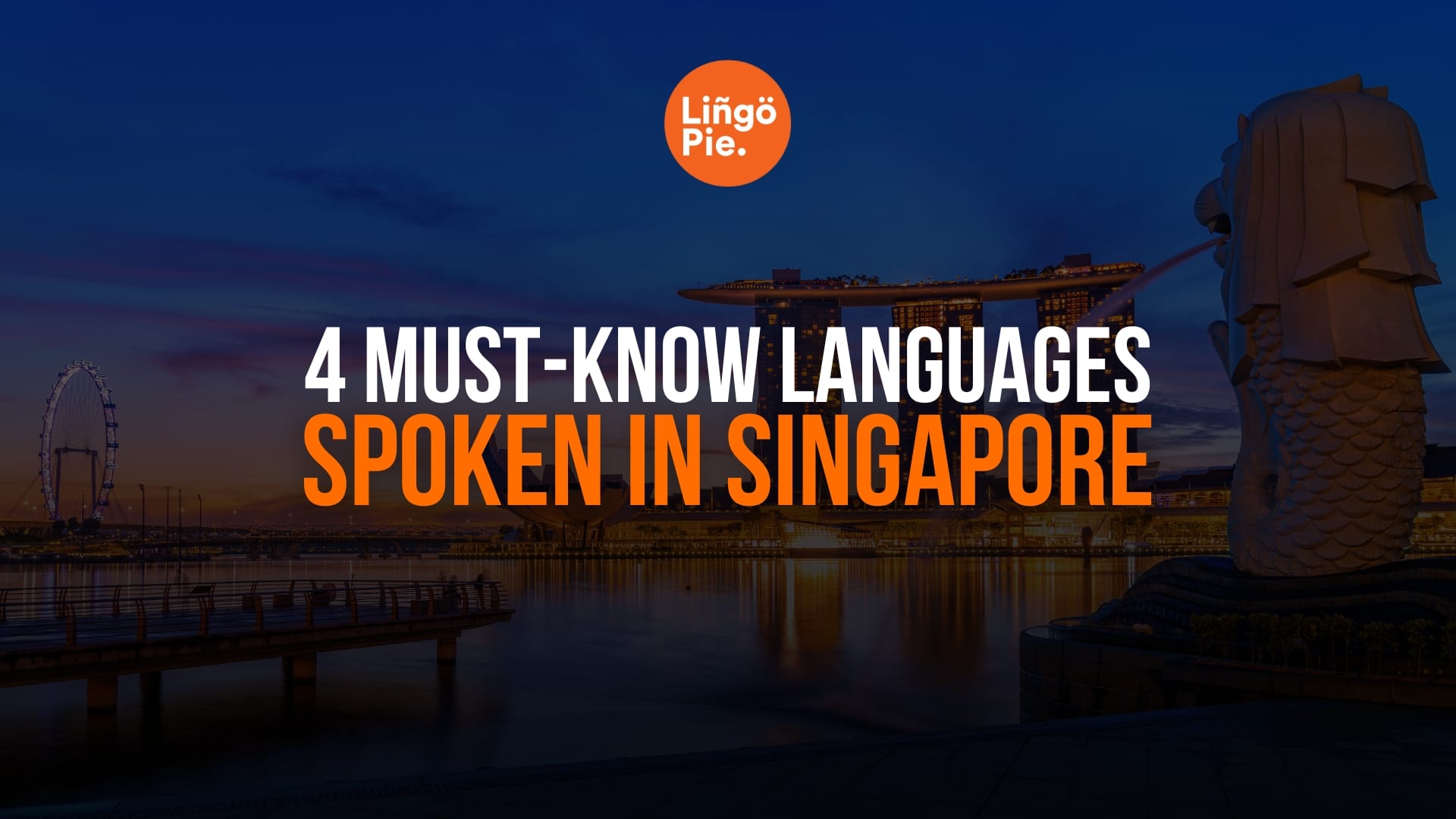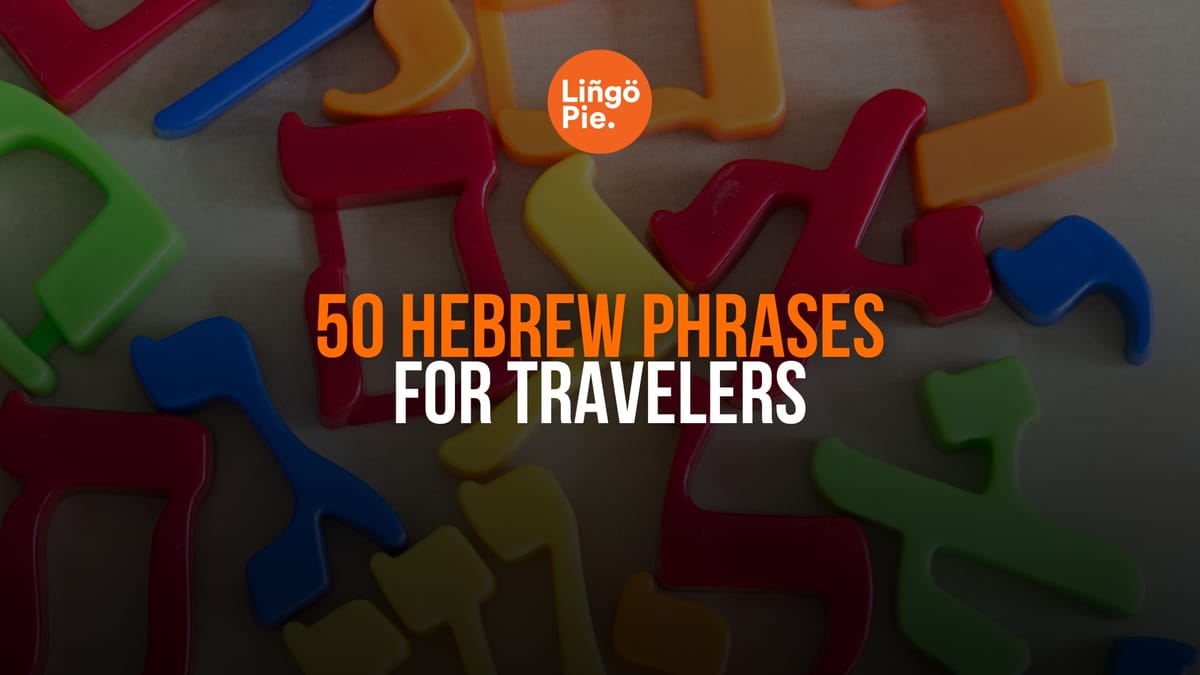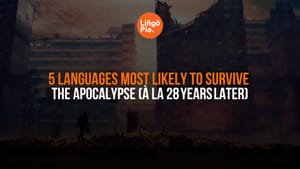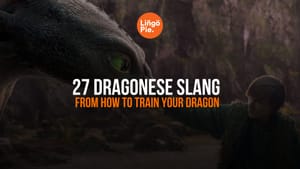The longest word in the world has 189,819 letters and describes a protein. George R.R. Martin clearly wasn't going for that record when he created High Valyrian - but judging by how lost most fans feel, he might as well have.
And honestly? That confusion is totally understandable. Martin's twisted fantasy world throws so many made-up words and bizarre names at us that they all start blending together after a while. As hyped as we all are for House of the Dragon, it would be nice if HBO hooked us up with a guide to refresh our memories on the Valyrian language, am I right?
I mean, it's been almost two years since we got our Thrones fix!
Are you REALLY confident you still remember every single High Valyrian phrase that rolled off Dany's tongue as she struggled to control her "children"? Or those intricate sacred whispers from the Lord of Light's followers?
If you're like me, all that stuff is a jumbled mess in your brain right now. But don't worry, we've got you covered! In this guide, we'll go over the basics of the Valyian language so you can speak a foreign language like a true Dragonlord, impress fellow fans, and summon ancient magic (if you can!).

Key Takeaways
- High Valyrian was the prestigious language spoken by the noble dragonlord families that ruled the Valyrian Freehold in George R.R. Martin's fictional world.
- While mentioned in the books, High Valyrian wasn't fully developed until the Game of Thrones TV series, when language creator David J. Peterson constructed it from scratch.
- In House of the Dragon, major Targaryen characters like Rhaenyra, Daemon, and Aemond will showcase their mastery of the harsh High Valyrian tongue.
- Learning key High Valyrian words, phrases, and commands can help fans immerse themselves in the Targaryen world.
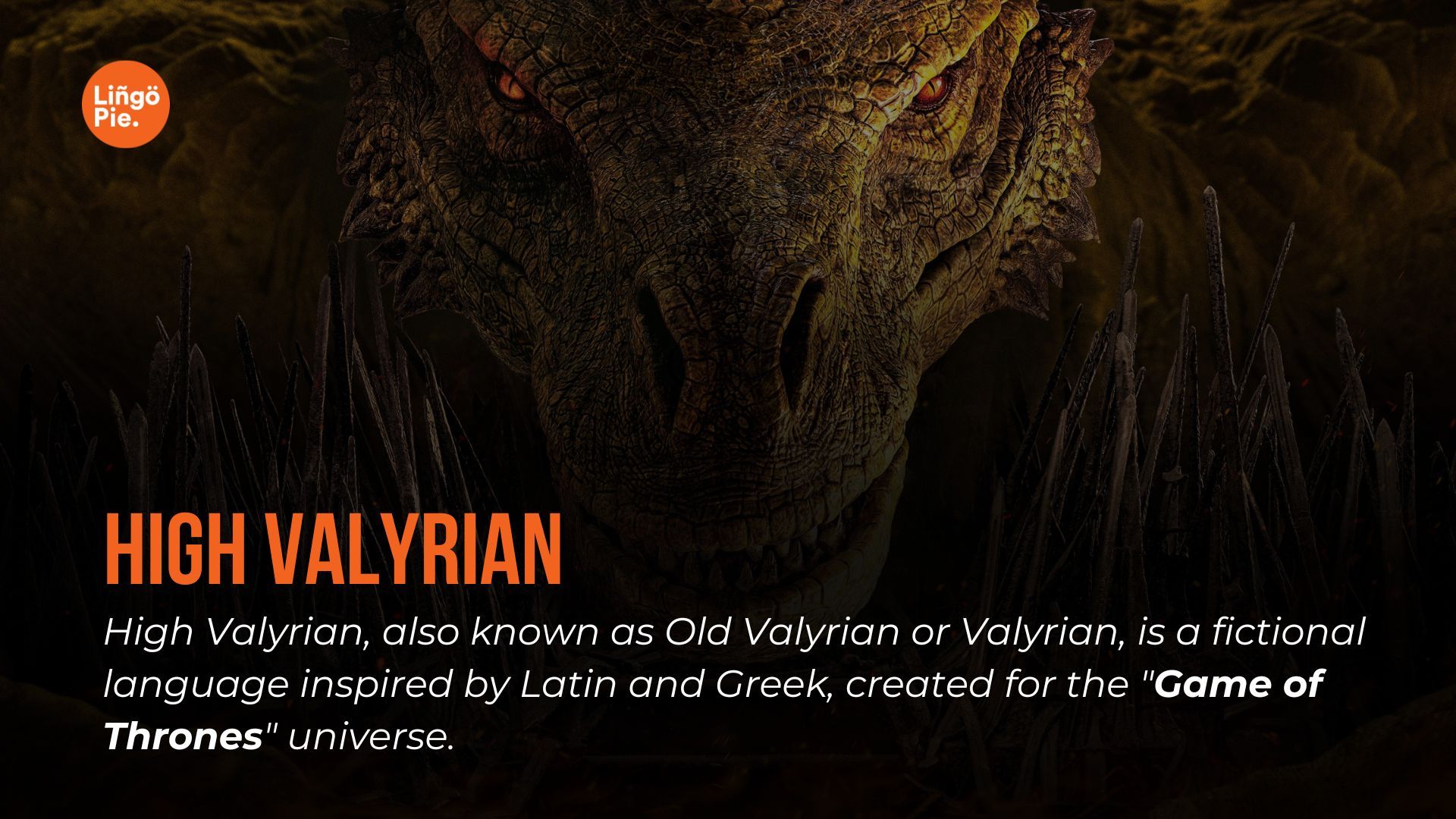
What Is The High Valyrian Language?
High Valyrian was the prestigious language spoken by the noble dragonlord families that ruled the Valyrian Freehold. It's part of the Valyrian language family that spans the A Song of Ice and Fire novels and Game of Thrones/House of the Dragon shows.
Think of it like the Latin of Westeros - while High Valyrian and its descendant languages were often mentioned in the books, they weren't fully developed beyond a few lines (about 56 Valyrian phrases to be exact!). It wasn't until the TV series that language creator David J. Peterson actually constructed the guttural, harsh-sounding High Valyrian tongue from scratch.
And he didn't just slap some random made-up words together - Peterson developed High Valyrian as a proper language system with legit linguistic rules. In fact, the Colangers community defines it as a head-final language, meaning adjectives come before nouns in their sentence structure.
High Valyrian also features four gender classes:
- Hūrenkon Qogror (Lunar Class ) from the word hūra "moon"
- Vēzenkon Qogror (Solar Class ) from the word vēzos "sun"
- Embōñor Qogror (Aquatic Class) from the word embar "sea"
- Tegōñor Qogror (Terrestrial Class ) from the word tegon "earth"
On top of that, this fictional language also has four grammatical numbers, eight noun cases, and conjugated verbs. So you're talking about a full-fledged, logically cohesive tongue with its own unique grammar rather than just jumbled fantasy words.
As for the Valyrian writing system, you can see that it's the same as Latin so it's pretty easy to pick up!
What Are The High Valyrian Languages?
High Valyrian wasn't the only language game in town once the mighty Valyrian Freehold fell. After that catastrophic "Doom of Valyria" event, High Valyrian transformed from the lingua franca of an empire into more of a scholarly lore language kept alive by the elite nobles, poets, and scholars across Essos and Westeros.
Bastard Valyrian Or Low Valyrian
Each of the Nine Free Cities developed their own distinct Low Valyrian tongue like the Braavosi, Lorathi, Lysene, Myrish, Norvoshi, Pentoshi, Qohorik, Tyroshi, and Volantene.
So while High Valyrian remained the sacred, elite lore language, these Low Valyrian offshoots became the common vernacular - the everyday language of the peasants and lower classes throughout the former Valyrian empire's colonies and territories.
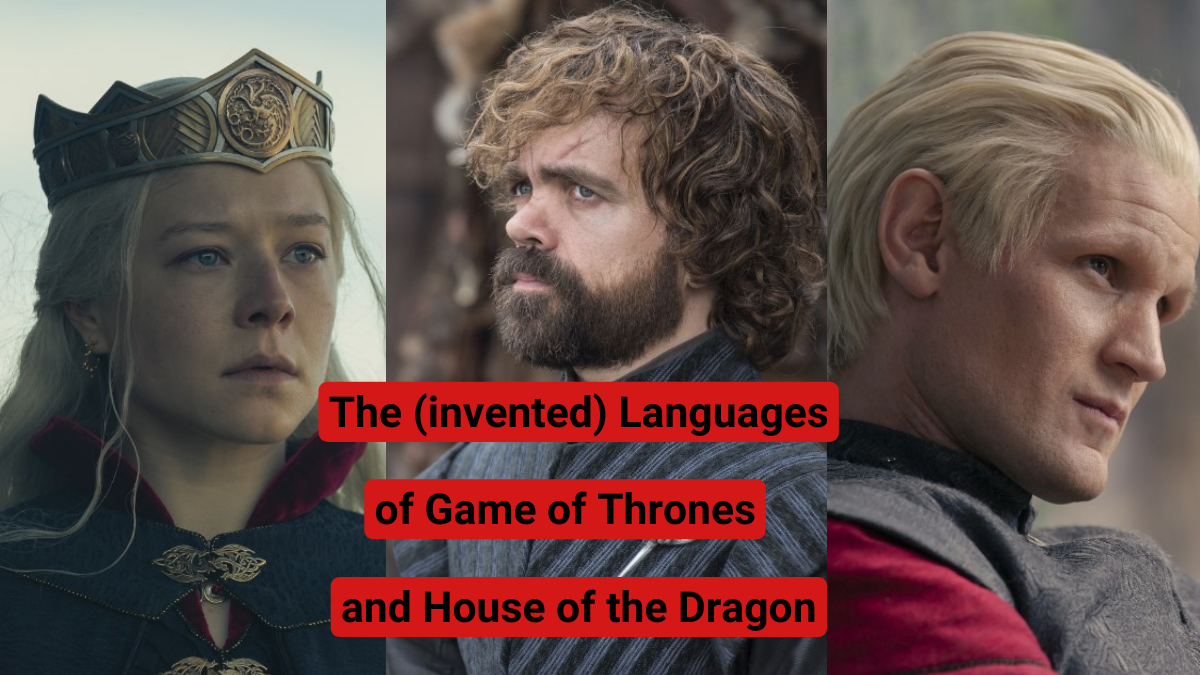
Who Speaks High Valyrian Language In House Of The Dragon?
Unlike Game of Thrones where there are other fictional languages, in House of the Dragon we'll be hearing a lot more of the ancient dragonlord tongue.
The Targaryen family drama at the center of the prequel series is steeped in their Valyrian heritage, so expect those harsh syllables to be flying! Here are some of the major House of the Dragon characters you'll hear rocking that magical mother tongue.
Rhaenyra Targaryen
As the firstborn child of King Viserys I, the heir apparent Rhaenyra was undoubtedly trained from birth in the prestigious language of the dragonlords. Her mastery of High Valyrian reflects her status as the initially chosen successor to the Iron Throne.
Daemon Targaryen
The rogue prince Daemon, younger brother to King Viserys, personifies Valyrian arrogance and ambition. This dragon rider's linguistic skills likely match his martial prowess on the battlefield and penchant for mischief.
Aemond Targaryen
One of the younger sons of Alicent Hightower and Viserys I, Aemond's fluency in High Valyrian represents his blood claim to power as a descendant of Old Valyria's rulers. Despite his youth, he wields their ancient language as skillfully as he does dragon fire.
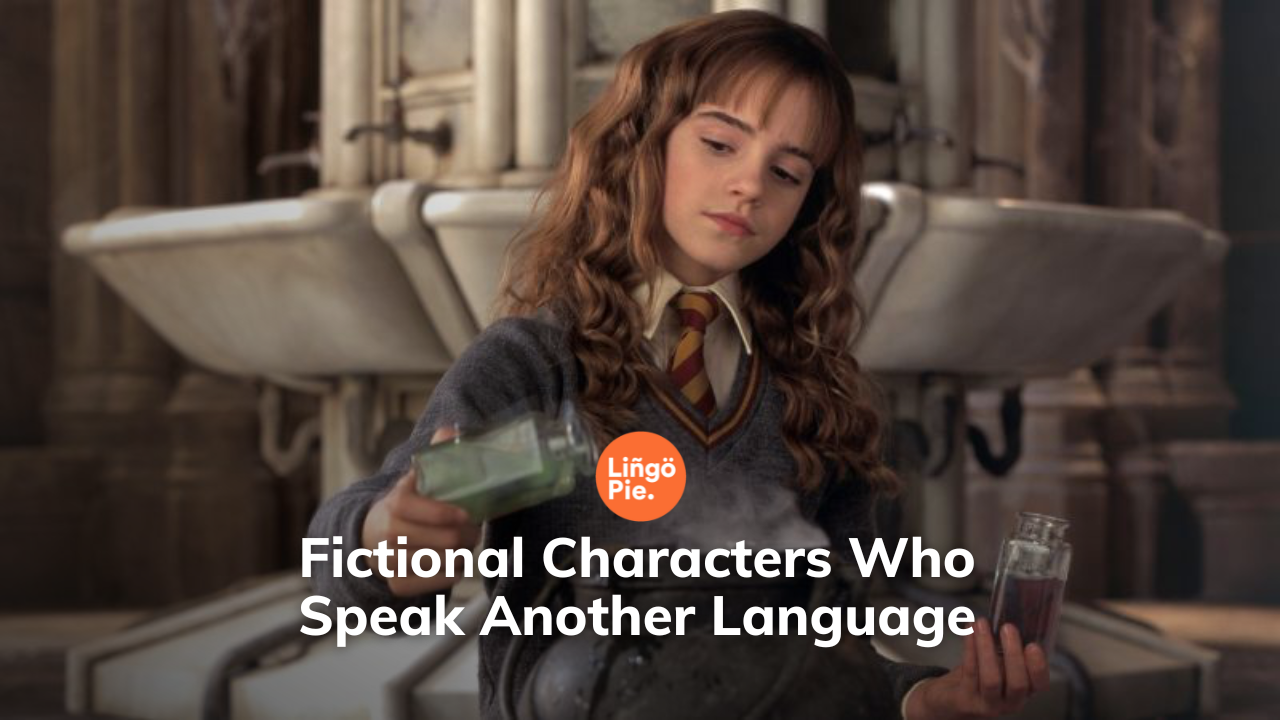
Easy High Valyrian Words
Ready to start dropping High Valyrian vocabulary like a true Targaryen? This essential word list will let you fake it until you make it. Sprinkling in these basic nouns, verbs, and adjectives is an easy way to boost your Thrones cred and impress even the most devoted fans.
Greetings And Basic Words
Start with the basics. These High Valyrian greetings and common phrases will help you say hello, goodbye, and more like a true Targaryen.
| English | High Valyrian |
|---|---|
| yes | issa |
| welcome | jiōrna |
| hi, hello | rytsas |
| goodbye | geros ilas |
| please | kostilus |
| actually | drīvose |
| not today | tubī daor |
| calm down | lykirī |
Family And People
Want to talk about family in High Valyrian? Use these words to refer to mothers, brothers, princes, and more.
| English | High Valyrian |
|---|---|
| mother | muña |
| mothers | muñi |
| father | kepe |
| wife | ābrazȳrys |
| female | ābrenka |
| woman | ābra |
| women | ābri |
| boy | taoba |
| boys | taobi |
| girl | riña |
| girls | riñi |
| older brother | lēkia |
| younger brother | valonqar |
| older sister | mandia |
| younger sister | hāedar |
| twin | idaña |
| Mother of Dragons | Muña Zaldrizoti |
| prince | Darilaros |
Animals
From dragons to wolves, these High Valyrian words cover the creatures of Westeros and beyond. Use them to describe your pets... or your enemies!
| English | High Valyrian |
|---|---|
| bird | hontes |
| birds | hontesse |
| cat | kēli |
| cats | kēla |
| wolf | zokla |
| wolves | zoklī |
| bull | vandis |
| dragon | zaldrīzes |
| unsullied | Dovaogēdi |
Descriptors And Misc.
These are the everyday words that fill in the gaps. Use them to describe people, give directions, or add detail to your Valyrian sentences.
| English | High Valyrian |
|---|---|
| and | se |
| no | daor |
| again | arlī |
| knight | azantys |
| knights | azantyssy |
| guest | zentys |
| guests | zentyssy |
| man | vala |
| men | vali |
| blood of the dragon | zaldrīzo ānogar |
| long night | bantāzma |
| sword | korze |
| hammer | galry |
| money | gēlior |
| bread | havon |
| Game of Thrones | Tymptir Dēmalȳti |
| piece of fruit | gerpi |
| excellent | rōvēgrior |
| white | timpa |
| black | zōbrie |
| red | mele |
| yellow | qeldlie |
| horse | anne |
| grapes | avera |
| grape | avero |
| you | ao |
| to bake | bāngagon |
| name | brōzi |
| mountain | blēnon |
| freedom | dāerves |
| queen | dāria |
| sea | embar |
| silver | gēlion |
| nowhere | daoriot |
| lord | āeksio |
| small | byka |
| luck, happiness | biarves |
| fire | Dracarys |
| temple | anogrion |

Easy High Valyrian Phrases
If words are not enough and you want to speak High Valyrian like a pro, then read this section. Trust me, your watch party will bow down to your newly-acquired language skills. Just don't burn down the living room with your new dragon-riding talents!
Conversational Phrases
Ready to go beyond greetings? These simple phrases will help you hold a basic conversation in High Valyrian — perfect for casual chats or impressing fellow fans.
| English | High Valyrian |
|---|---|
| How are you? | Skorkydoso glaesā? |
| I am well. | Syrī glaesan. |
| I am not doing well. | Syrī glaeson daor. |
| How’s it going? | Skorkydoso glaesā? |
| I am good, thank you. | Sȳz iksan, kirimvose. |
Questions
Need to ask something in High Valyrian? Start with these common questions to find out names, reasons, and opinions.
| English | High Valyrian |
|---|---|
| Why? | Skoro syt? |
| What’s your name? | Skoroso jemēle brōzā? |
| What do you think? | Skoros otāpā? |
| Will you marry me? | Ao ynoma dīnilūks? |
| My name is (name). | Ñuha brozi (name) issa |
Affirmations And Responses
Sometimes a quick “yes,” “no,” or “thank you” is all you need. Use these common responses to keep the conversation flowing in High Valyrian.
| English | High Valyrian |
|---|---|
| That one is good. | Kony sȳz issa. |
| Not today. | Tubī daor. |
| Thank you. | Kirimvose. |
| You’re welcome. | Biarvose. |
Exclamations
Want to sound dramatic like a true Targaryen? These High Valyrian exclamations add emotion, excitement, and flair to anything you say.
| English | High Valyrian |
|---|---|
| The day is beautiful. | Tubis gevie issa. |
| Seven Hells! | Sīkudi nopāzmi |
| I love you. | Avy jorrāela |

Easy High Valyrian Commands For Your Pets
Let's be real - every Game of Thrones fan has dreamed of commanding their dog or cat using the ancient guttural language of the dragonlords. With these easy High Valyrian commands, that fantasy can finally become a reality!
| English | High Valyrian |
|---|---|
| Quickly! | Aderī! |
| No! | Daor! |
| Sit! | Demās! |
| Down! | Embrot! |
| Left! | Geptot! |
| Good! | Gevī! / Hegnīr! |
| Drink! | Iēdrot! |
| Back! | Inkot! |
| Stand! | Iōrās! |
| Move! | Jās! |
| Eat! | Kisās! |
| Be calm! | Lykirī! / Rāpirī! |
| Come! | Māzīs! |
| Forward! | Naejot! |
| Slow! | Paerī! |
| Right! | Paktot! |
| Land! | Ninkiot! / Parmot! / Tegot! |
| Touch! | Renīs! |
| Listen! Obey! | Rȳbās! |
| Wait! | Umbās! |
| Up! | Vēzot! |
| Come! (to me) | Ynot! |
- 9 Fictional Languages Spoken In Star Wars
- 8+ Easy Hawaiian Slang You’ll Hear From Lilo & Stitch
- Minion Language: What do Minions Say?
Take On A Real-World Language With Lingopie
There you have it - all the essential High Valyrian words, phrases, and commands to start speaking like a true scion of the dragonlords. You're now equipped to impress fellow Game of Thrones fans and maybe even awaken some dormant magical abilities.
But if simply mastering the ancient Valyrian tongue isn't enough for your fandom goals, give Lingopie a try. Our engaging language learning features and TV and Movie content can help you pick up new languages while staying entertained. While High Valyrian may be off the table (for now), you can still explore real-world tongues to expand your cultural horizons.
Who knows, you may even discover a new passion for language learning along the way! Just don't go expecting Lingopie to help you communicate with your zaldrīzes! Some mysteries of the Known World are better left unsolved...
High Valyrian FAQ
Is High Valyrian a real language?
Yes, High Valyrian is a constructed (fictional) language created by linguist David J. Peterson for Game of Thrones and House of the Dragon. It’s not naturally spoken but is fully developed with grammar, vocabulary, and pronunciation rules. Fans can learn and speak it just like any real-world language.
How do you say “hello” in High Valyrian?
The word for “hello” in High Valyrian is “Rytsas.” It can be used both formally and casually when greeting someone. You might also hear “Kirimvose” for “thank you” in the same context.
How many words are in High Valyrian?
High Valyrian currently has around 2,000 words, according to its creator David J. Peterson. The vocabulary continues to grow, especially with new phrases added in House of the Dragon. While smaller than most natural languages, it's extensive enough for basic conversation.
Do only Targaryens speak High Valyrian?
No, not just Targaryens. While the language is tied to Valyrian nobility, other groups in Essos like the Braavosi or scholars of the Free Cities also preserve and use High Valyrian. The Targaryens are just the most famous speakers in Westeros.
What does “Dracarys” mean in High Valyrian?
“Dracarys” means “dragonfire” in High Valyrian. It’s famously used by Daenerys Targaryen to command her dragons to breathe fire. In the show, it’s also become a symbol of vengeance, power, and rebellion.


